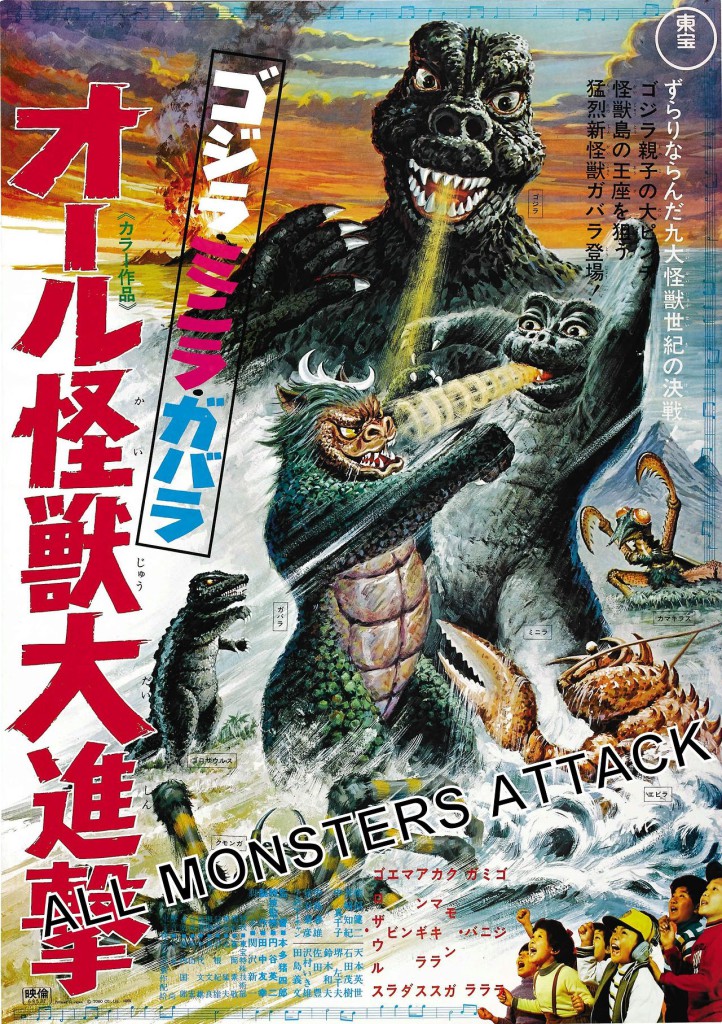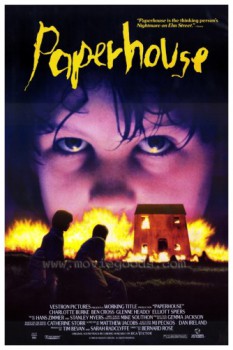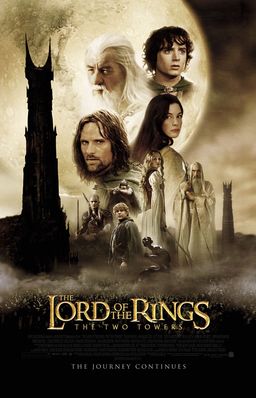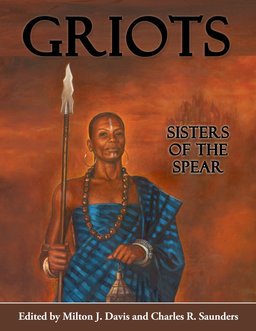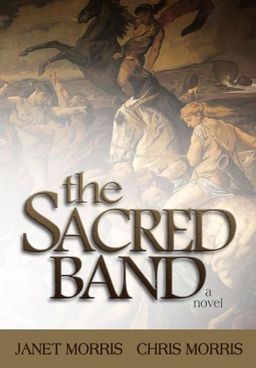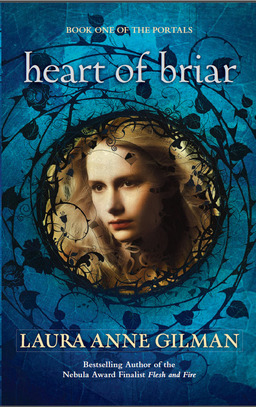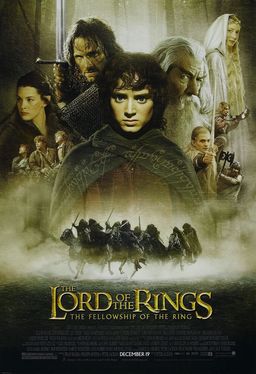Gonji: The Deathwind Trilogy by T. C. Rypel
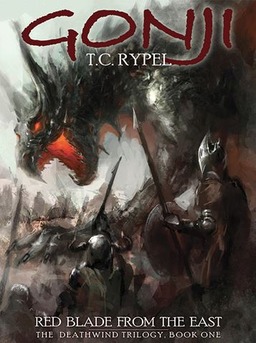 Drift back in time to the eighties when swords & sorcery was preparing to die, at least as a force in fantasy publishing. Where once Andrew Offutt and Lin Carter as well as Robert E. Howard packed the shelves of your local B. Dalton, they were about to be crowded out by the rise of the Tolkien clones. Exciting authors like Charles R. Saunders who were leading S&S down new paths would see their heroic fiction production curtailed by sales numbers that didn’t meet publishers’ expectations.
Drift back in time to the eighties when swords & sorcery was preparing to die, at least as a force in fantasy publishing. Where once Andrew Offutt and Lin Carter as well as Robert E. Howard packed the shelves of your local B. Dalton, they were about to be crowded out by the rise of the Tolkien clones. Exciting authors like Charles R. Saunders who were leading S&S down new paths would see their heroic fiction production curtailed by sales numbers that didn’t meet publishers’ expectations.
Today, technological advancements have paved the way for the return of ancient adventurers. The internet has allowed old and new fans to find each other and connect with writers to create a camaraderie of creators and consumers. Quality print-on-demand publishing, e-books, and small presses using those tools have led to the resurrection of several heroes, including Saunders’ own Imaro and Dossouye. Another of those revived heroes is T. C. Rypel’s Gonji, a half-Japanese, half-Scandinavian warrior first introuduced thirty years ago, wandering the slopes of the Carpathian Mountains in search of a mysterious force known as the Deathwind.
When T. C. Rypel delivered his first novel to Zebra Books back in the early eighties it was over thirteen-hundred pages long. While that’s nothing peculiar these days, back then it was seen as unprecedented and Zebra’s response was to break it up into three distinct books. Rypel’s titles for the resultant three volumes were Red Blade from the East, The Soul Within the Steel, and Deathwind of Vedun. Zebra decided to take Rypel’s third title and reassign it to the first book, then re-title the last two Samurai Steel and Samurai Conflict. Their changes provide a hint of what the publisher had in store for the books.
